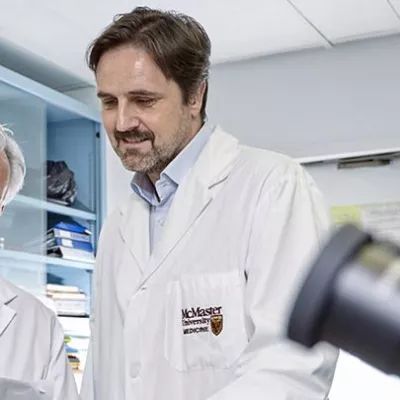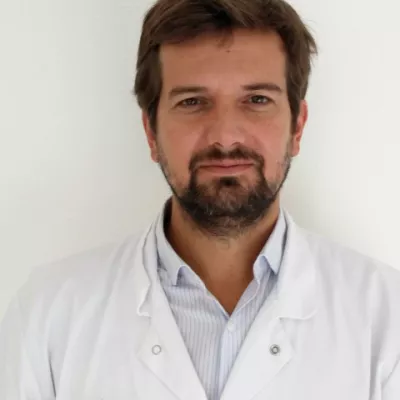
Project description
We hypothesize that the sustained low-grade inflammation that is triggered by the infection, in combination with antibiotic-induced dysbiosis, lead to the disruption of gut physiology and function, and, later in time, to changes of intestinal morphology.
In order to understand the mechanisms underlying development of gut dysfunction following C. diff infection, we will employ our previously established humanized mouse model of IBS, using fecal microbiota from patients with PI-IBS to colonize germ-free mice. We will analyze human donor and mouse microbiota using molecular techniques to identify and isolate bacteria that are involved in gut dysfunction and inflammation. Using different immunodeficient mice, we will identify specific immune mechanisms underlying gut changes. Finally, we will investigate several possible therapeutic approaches to either prevent development or treat already established gut dysfunction.
Overall, we hope to identify the specific mechanisms underlying development of PI-IBS as well as novel treatments, which will inform future clinical trials in patients.
Gut Microbiota International Grant winning's projects

Microbiota-dependent regulation of bile acids in control of metabolic homeostasis (acronym: MRBM)

Functional microbiota dysbiosis induces visceral pain: role of maternal milk on microbiota implantation under stress condition


Bifidobacterium-derived peptides to fortify the intestinal mucosa in early life


Linking the early life resistome and microbiome maturation


Randomized controlled trial evaluating the effect of transplantation of fecal microbiota in children with autism spectrum disorders and gastrointestinal symptoms


Targeting gut microbial drug metabolism to enhance the treatment of Parkinson’s disease


A precision medicine approach to treat alcoholic hepatitis

